For centuries , humans have used fish oils, orally or topically, to treat a wide array of ailments, from aches and pains to rickets and gout. The popularity of this supplement has shifted over the years, as have its primary uses. But over the past couple of decades, the hype around fish oil has arguably reached an all-time high. According to National Institutes of Health statistics , in 2012, at least 18.8 million Americans used about $1.3 billion dollars worth of fish oil, making it the third most widely used supplement in the nation. (Sales reportedly flattened out at about that level around 2013.) Today, many use it because they believe it will broadly help their heart health , but others hold that fish oil can help with renal health, bone, and joint conditions, cognitive functions and mental wellness, and any number of other conditions. But is fish oil really as good for you as millions of Americans believe it is? Who should be taking it and when? We dove into the research and

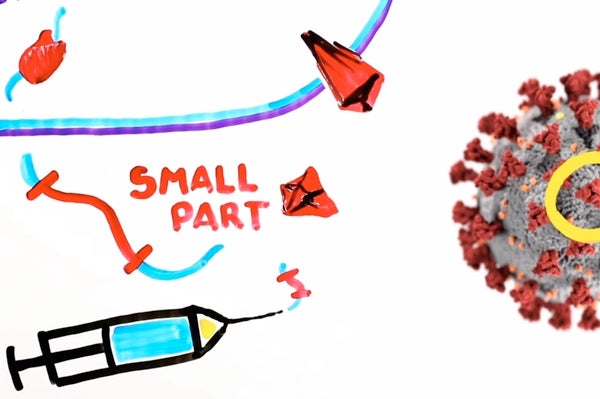


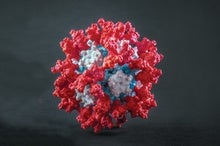
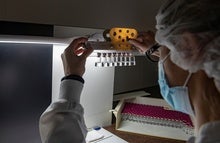
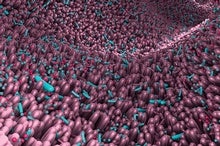

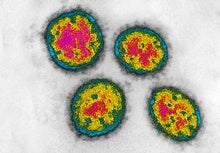
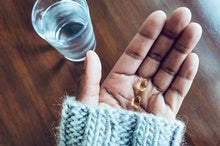
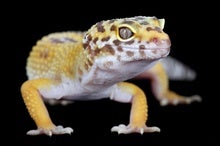
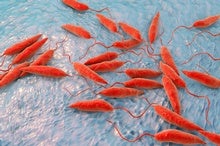
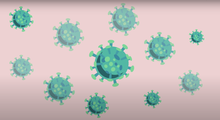
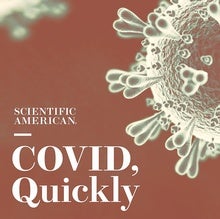

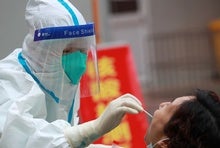
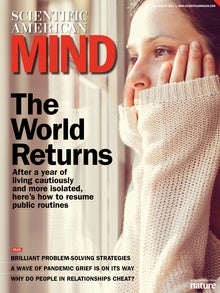




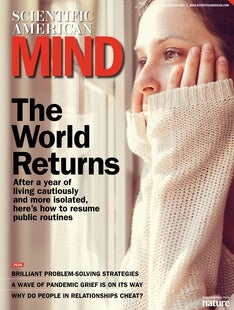

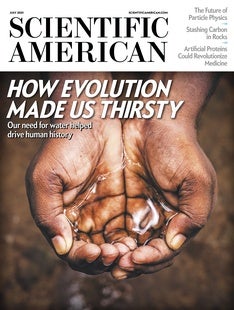
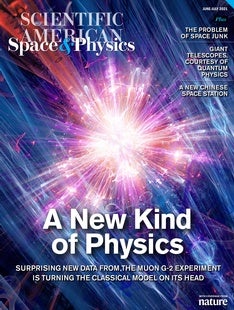
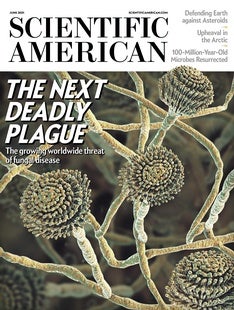



Commentaires
Enregistrer un commentaire
Thank you to leave a comment on my site